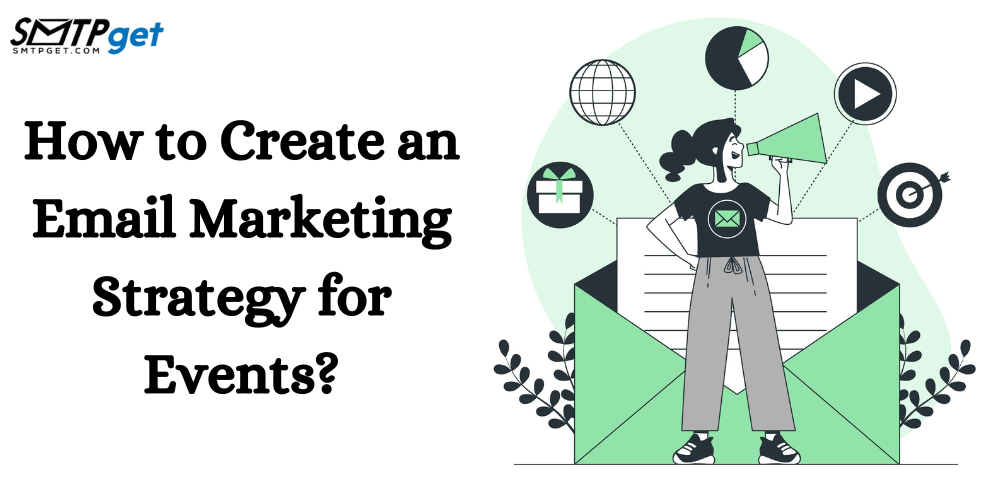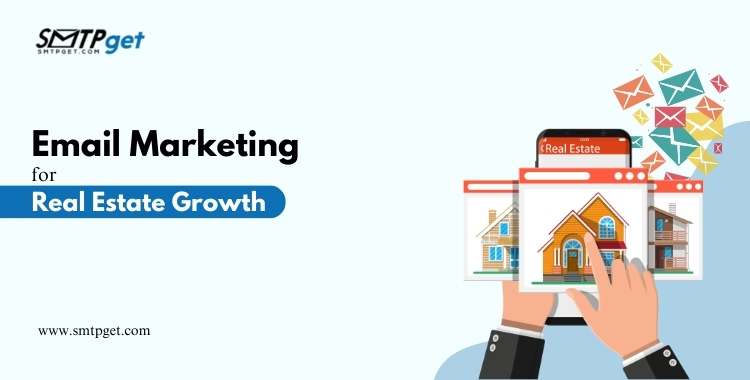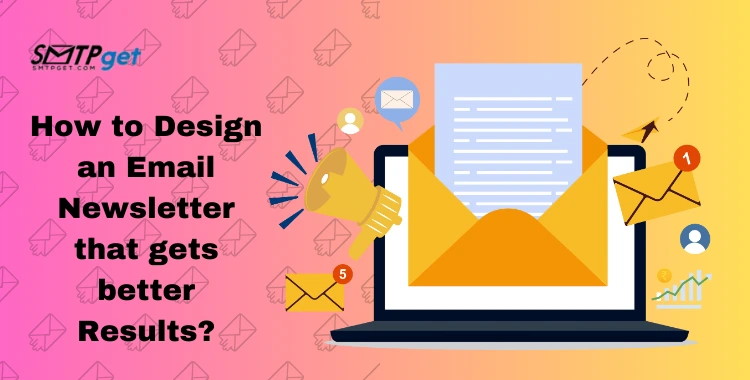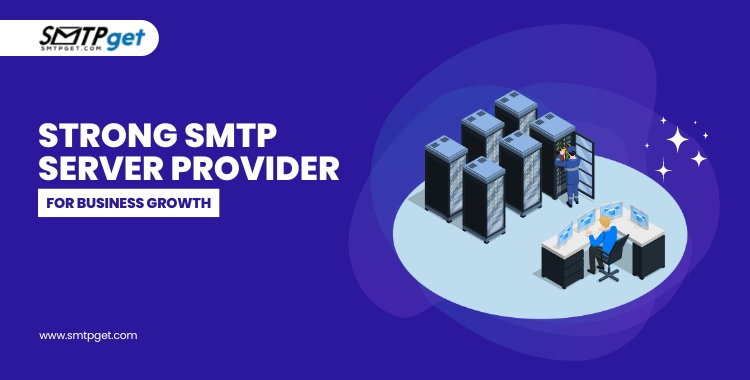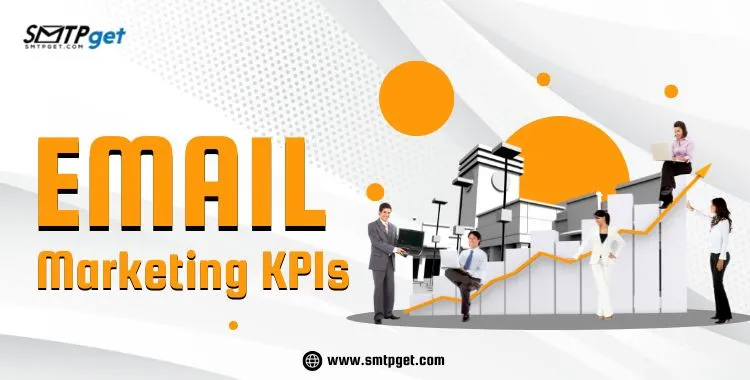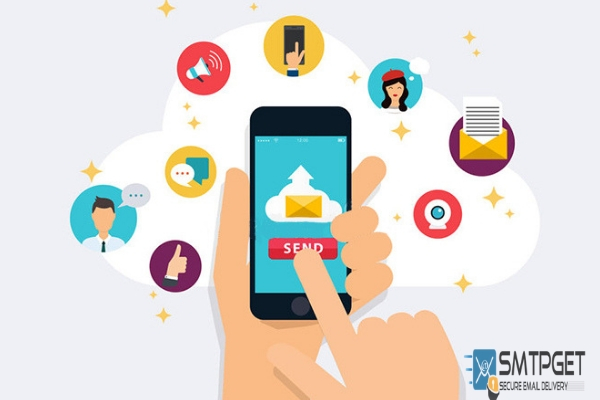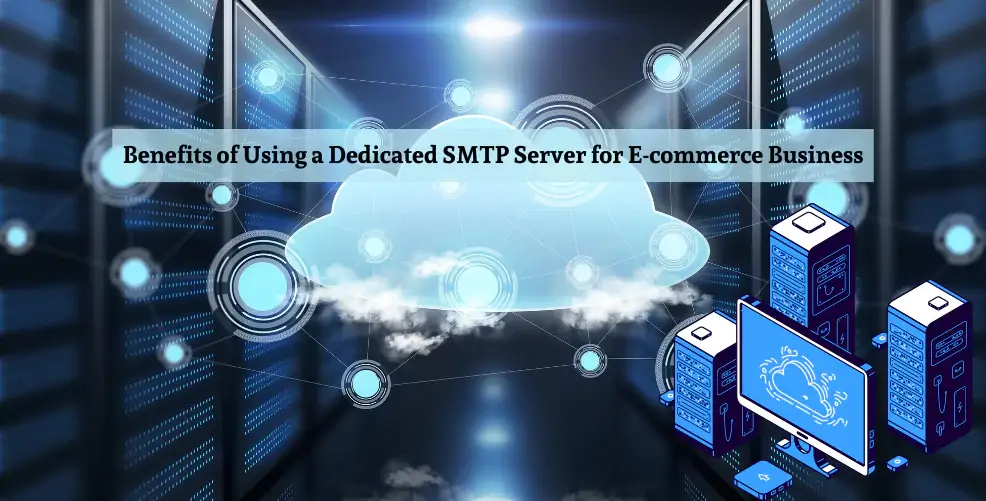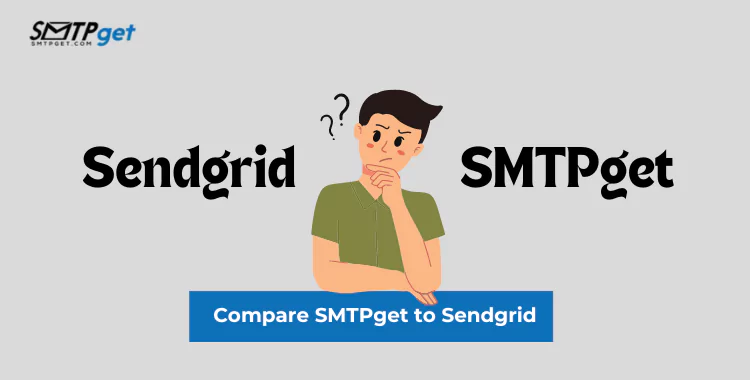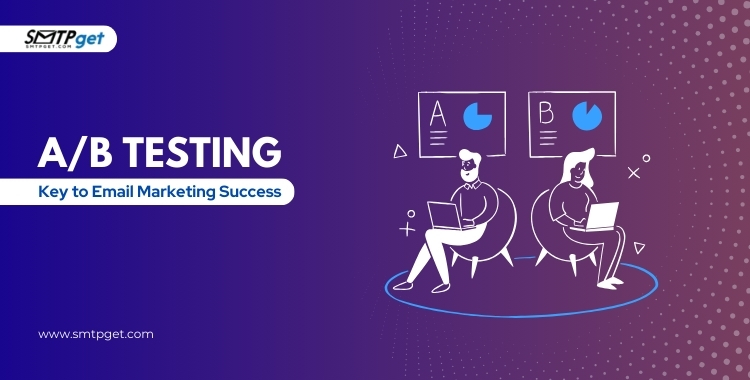Email marketing has become a crucial component of successful event promotion. With its ability to directly reach a targeted audience, email marketing allows event organizers to engage with potential attendees, build relationships, and drive ticket sales. In this article, we will explore the step-by-step process of creating an effective email marketing strategy for events. By following these guidelines, you can maximize the impact of your emails and achieve your event goals.
Introduction
In today’s Internet age, email marketing has proven to be a powerful tool for event organizers. Whether you’re hosting a conference, workshop, or networking event, having well-defined email marketing for events can significantly boost your event’s success. By leveraging an SMTP server for email marketing effectively, you can build anticipation, increase attendance rates, and foster meaningful connections with your target audience.
Check Out Our Pricing:
| Pricing Table | Cheapest Plan | Standard Plan | Professional Plan |
| SMTP Server Services | $110 | $165 | $220 |
| Bulk Email Server | $50 | $145 | $225 |
| Bulk Email Service | $30 | $110 | $220 |
Here are Some Email Marketing Strategies for Events:-
1. Defining Your Goals and Objectives
Before diving into your email marketing campaign, it’s essential to define your goals and objectives. What do you hope to achieve with your event? Are you aiming to sell a specific number of tickets, generate leads, or increase brand awareness? By setting clear and measurable goals, you can tailor your email marketing strategy for events to align with your event objectives.
2. Understanding Your Target Audience
To create compelling email campaigns, it’s crucial to understand your target audience thoroughly. Start by defining your ideal attendee persona. Consider their demographics, interests, pain points, and motivations. Conduct market research, and surveys, or analyze past attendee data to gather valuable insights. The better you understand your audience, the more effectively you can tailor your email content to resonate with them.
3. Building an Email List
Effective Email Marketing ideas for Events rely on having a strong and engaged email list. There are several ways to build your email list for event marketing. Start by creating prominent opt-in forms on your website, blog, and event landing page. Offer valuable incentives such as exclusive content, early bird discounts, or free resources to encourage sign-ups. Leverage social media platforms by running targeted ads or hosting contests that require email submission. Collaborate with relevant industry partners or sponsors to cross-promote your event and capture email addresses. Remember to always seek permission and comply with data protection regulations.
4. Crafting Compelling Email Content
To grab the attention of your subscribers and encourage them to take action, you need to create compelling email content. Start with attention-grabbing subject lines that pique curiosity or offer a clear benefit. Write personalized and engaging email copy that speaks directly to your target audience. Use a conversational tone and address your readers’ pain points or aspirations. Incorporate storytelling techniques to evoke emotions and make your emails more memorable. Remember to keep your emails concise, scannable, and visually appealing by using short paragraphs, bullet points, and relevant images.
5. Designing Eye-Catching Templates
The visual appeal of your emails plays a significant role in capturing your audience’s attention. Choose a responsive email template that displays well across different devices and email clients. Incorporate your event branding elements, such as colors, logos, and fonts, to maintain consistency and reinforce your event’s identity. Use eye-catching visuals and graphics that align with your event theme or purpose. Ensure that your email design is clean, clutter-free, and easy to navigate. Test your emails on various devices and email clients to ensure optimal display.
6. Automating Your Email Campaigns
Automation can save you time and effort while ensuring timely and targeted email delivery. Utilize bulk email marketing server automation tools to set up triggered emails for different stages of the event. For example, send a welcome email to new subscribers, followed by a series of pre-event emails to build anticipation. Use automation to send reminders, updates, and post-event follow-ups. Personalize your automated emails by dynamically inserting subscriber details, event-specific information, or recommendations based on their preferences or engagement history. Regularly review and optimize your automated sequences to enhance their effectiveness.
7. Testing and Optimization
Continuous testing and optimization are vital to improving the performance of your email campaigns. Conduct A/B tests to compare different elements such as subject lines, email copy, visuals, calls to action, or sending times. Analyze the results to identify the best email marketing strategy for events and iterate on them. Test different segments of your audience to determine the optimal messaging for each group. Pay attention to open rates, click-through rates, conversion rates, and other relevant metrics. Use these insights to refine your email content, design, and targeting for better results.
8. Monitoring and Tracking
Monitoring and tracking the performance of your email marketing campaigns is essential to measure their success and make data-driven decisions. Utilize email marketing analytics tools to track key metrics, such as open rates, click-through rates, unsubscribe rates, and conversions. Monitor the engagement levels of different segments of your email list to identify areas for improvement. Track the revenue generated from email marketing efforts and calculate the return on investment (ROI). Use the data to assess the effectiveness of your strategies and make adjustments as needed.
9. Integrating Email Marketing with Other Channels
To maximize the impact of your email marketing efforts, integrate them with other promotional channels. Coordinate your email campaigns with social media marketing by sharing teasers, countdowns, or exclusive content on your social platforms. Include social sharing buttons in your emails to encourage subscribers to spread the word. Embed video content related to your event in your emails. Drive traffic to your event website or landing page by including direct links in your emails. Ensure consistent messaging and branding across all channels to create a cohesive and memorable experience for your audience.
10. Personalization and Segmentation
Personalization and segmentation are powerful techniques to increase the effectiveness of your email marketing campaigns. Divide your email list into segments based on demographics, past interactions, interests, or engagement levels. Tailor your email content and offers to each segment, addressing their specific needs and preferences. Use dynamic content to customize elements of your emails, such as greetings, product recommendations, or event highlights, based on subscriber data. The more relevant and personalized your emails are, the higher the engagement and conversion rates will be.
11. Building Relationships and Nurturing Leads
SMTP mail server provider for email marketing provides an excellent opportunity to build relationships with your audience and nurture leads. Beyond promotional emails, send valuable and informative content that educates, entertains, or solves problems for your subscribers. Provide them with exclusive access to behind-the-scenes information, expert interviews, or industry insights. Use storytelling techniques to create emotional connections and foster trust. Implement lead nurturing campaigns to guide prospects through the buyer’s journey, from awareness to consideration and finally conversion. By building relationships and nurturing leads, you increase the chances of turning prospects into loyal attendees.
12. Compliance with Email Marketing Laws
When conducting email marketing for events, it’s crucial to comply with email marketing laws and regulations. Familiarize yourself with laws such as the General Data Protection Regulation (GDPR) or the CAN-SPAM Act. Obtain explicit consent from subscribers before sending them commercial emails. Provide an easy opt-out mechanism and honor unsubscribe requests promptly. Include your company’s physical address and contact information in your emails. Keep your email list clean and up-to-date, removing inactive or unsubscribed contacts regularly. By adhering to email marketing laws, you build trust with your subscribers and maintain a positive reputation.
13. Measuring Success and ROI
To evaluate the effectiveness of your best email marketing ideas for events, you need to measure success and calculate the return on investment (ROI). Define key performance indicators (KPIs) that align with your event goals, such as ticket sales, registrations, or attendee engagement. Track these metrics consistently and analyze the results. Identify which email campaigns or tactics are driving the highest conversions or engagement rates. Calculate the revenue generated from the SMTP server for bulk email marketing efforts and compare it to the costs incurred. This analysis will provide valuable insights into the success of your strategy and guide future improvements.
Conclusion
Creating an effective email marketing strategy for events requires careful planning, thoughtful content creation, and continuous optimization. By defining your goals, understanding your audience, crafting compelling content, and utilizing automation and personalization, you can maximize the impact of your email campaigns. Monitor and track the performance of your emails, integrate them with other channels, and comply with email marketing laws. Building relationships, nurturing leads, and measuring success will ensure that your event emails drive engagement, attendance, and ultimately, the success of your event.
